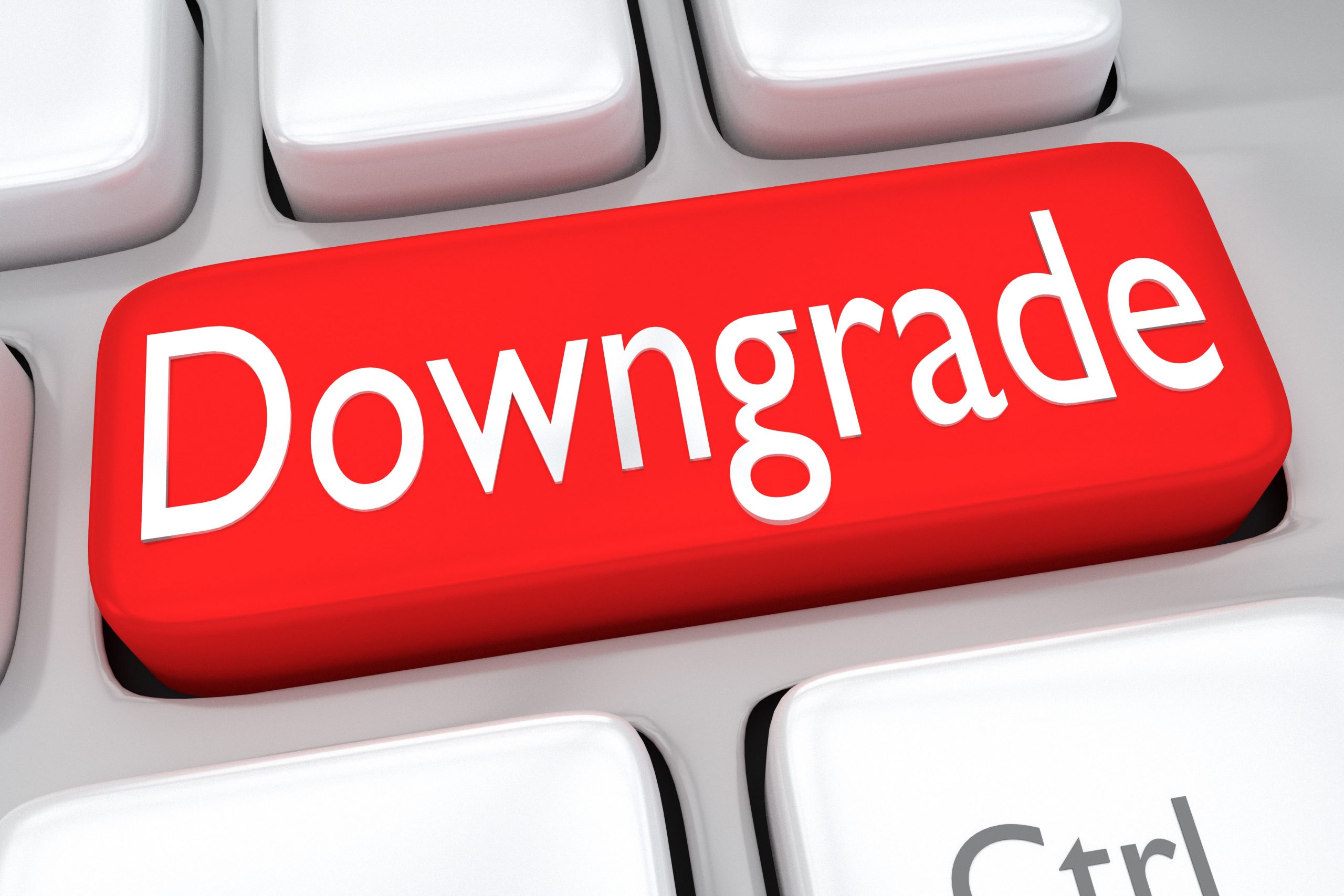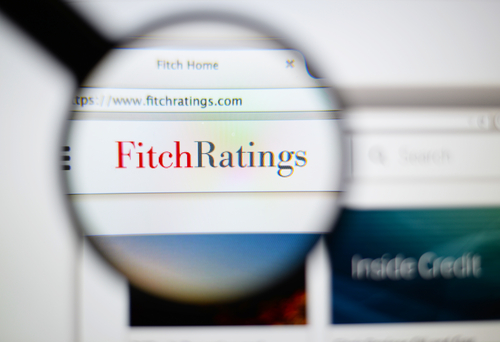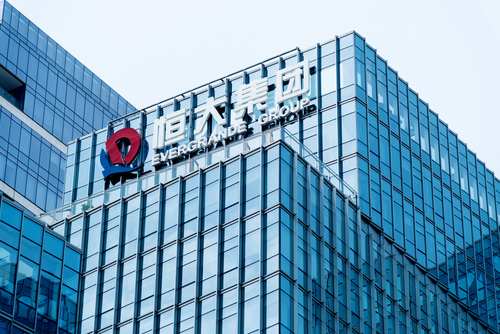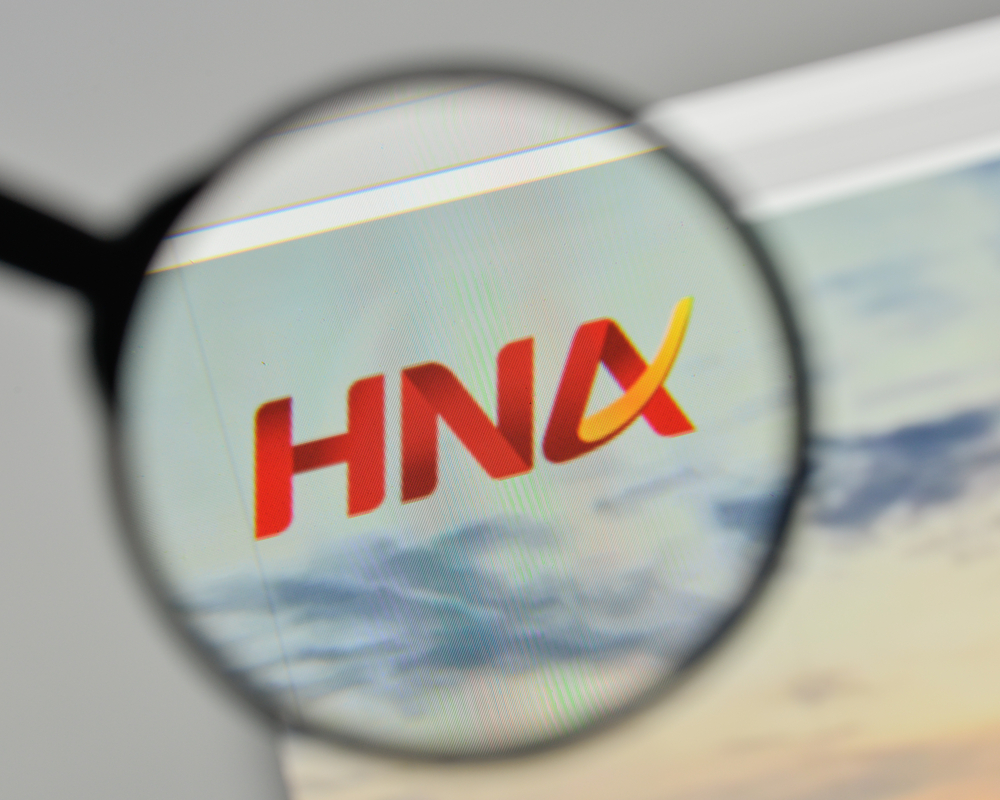This site uses cookies to provide you with a great user experience. By using BondbloX, you accept our use of cookies.
Bond Market News
Evergrande Downgraded by Moody’s to B2
July 1, 2021

Moody’s downgraded China Evergrande to B2 from B1 and its senior unsecured to B3 from B2. They placed the ratings on review for a further downgrade. Subsidiaries Hengda and Tianji were also downgraded a notch to B2 and B3 respectively. The primary reason for the downgrade was its weakened funding access and reduced liquidity buffer amid a tight credit environment in China. They cite Evergrande’s sizeable maturing debt over the next 12-18 months, high proportion of trust loans, moderate credit metrics and significant investments in its non-property businesses as constraining factors while acknowledging that the company’s geographic coverage and market share are positives. While Evergrande’s cash balances were not enough to cover short-term debt as of end-2020, their operating cash flows are expected to improve. Also, contracted sales are expected to grow modestly with an estimated cash collection ratio of 88%. Evergrande will likely spend less on land acquisition and focus on controlling debt with debt leverage (revenue/adjusted debt) expected to improve to 75-80% in a year from 68% in 2020. Similarly, Evergrande’s interest coverage (EBIT/interest) is expected to improve to 1.5x-2.0x over the next 12-18 months from 1.4x in 2020. Evergrande’s B3 senior unsecured rating downgrade reflects structural subordination risk (Term of the Day, explained below) and the fact that the developer lacks significant mitigating factors leading to lower recovery rates in case of a bankruptcy.
Moody’s is the second rating agency to downgrade Evergrande recently after Fitch downgraded it to B from B+ last week. The downgrade comes even as Evergrande has reduced its debt to $88bn.
Evergrande’s dollar bonds were lower – its Hengda issued 11.5% 2022s were down 1.2 points to 80.5.
For the full story, click here
Go back to Latest bond Market News
Related Posts:
Redco Upgraded to B+ By Fitch
March 11, 2021








